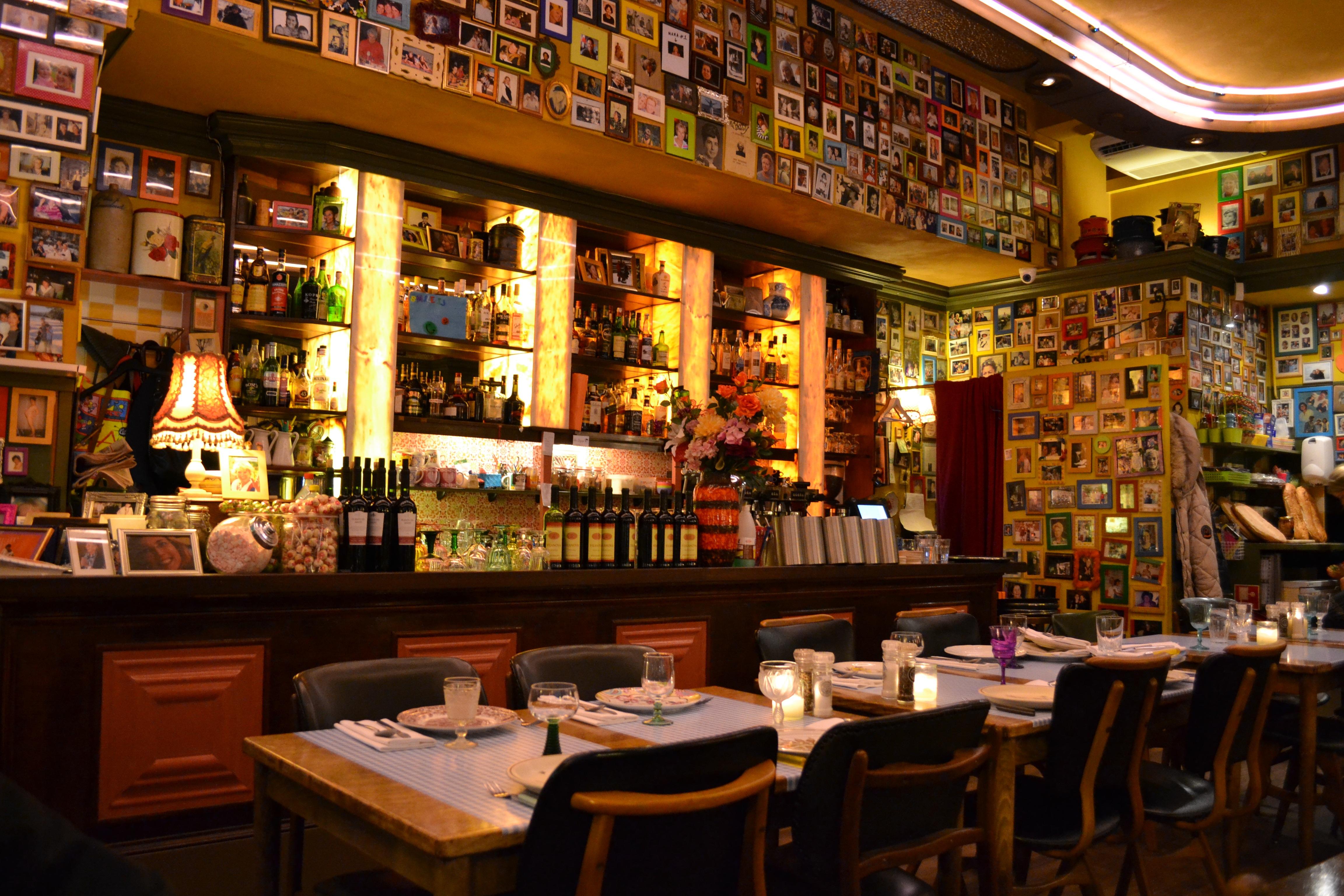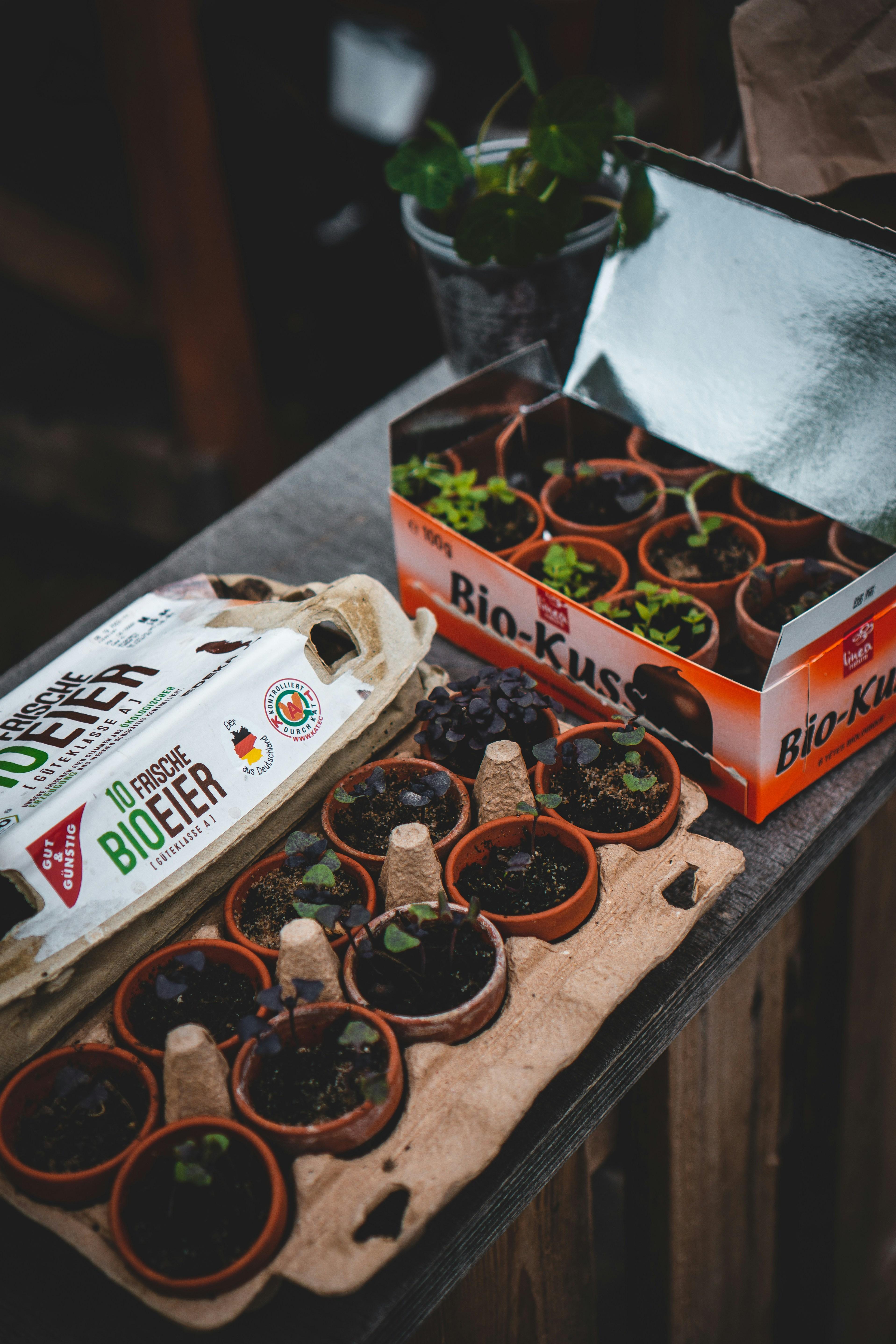In the heart of Amsterdam, where cobblestone streets meet a tapestry of canals, a culinary revolution simmers quietly beneath the surface. As diners peruse the menus of quaint cafés and bustling eateries, a familiar word frequently catches their eye: “organic.” This term, promising purity and sustainability, has become a ubiquitous badge of honor in the city’s vibrant food scene. Yet, as Amsterdam’s restaurants increasingly boast of organic offerings, a question begins to surface among discerning patrons and culinary critics alike: Are these labels truly a testament to quality, or have they become a marketing mantra overused in the pursuit of profit? This article delves into the organic phenomenon sweeping through Amsterdam’s dining establishments, examining the authenticity behind the labels and exploring whether the city’s gastronomic landscape is as green as it seems.
Unpacking the Organic Label Phenomenon in Amsterdams Culinary Scene
Amsterdam’s culinary scene is a vibrant tapestry of flavors, and the organic label has become a significant part of its narrative. But as diners become more conscious of their choices, a question arises: are these labels genuinely representative of the food quality, or are they a marketing tool overused by restaurants? In the city where eco-conscious living is not just a trend but a lifestyle, the organic label carries weight. However, the saturation of this label has led to skepticism. Diners often wonder if they’re paying a premium for authenticity or just a cleverly marketed dish.
The overuse of organic labels can be attributed to several factors:
- Market Demand: Consumers are increasingly prioritizing health and sustainability, creating a demand that restaurants are eager to meet.
- Competitive Edge: In a bustling food scene, the organic label can set a restaurant apart, drawing in customers seeking authenticity.
- Regulatory Loopholes: Ambiguities in certification processes can sometimes lead to labels being used more liberally than intended.
As Amsterdam’s restaurants navigate this trend, the challenge lies in maintaining the integrity of the organic label while meeting consumer expectations. For diners, it becomes essential to look beyond the label, seeking transparency and understanding the story behind their meal.

Exploring the Impact of Organic Branding on Consumer Perception
In the bustling culinary scene of Amsterdam, the term “organic” has become more than just a descriptor—it’s a powerful branding tool that shapes consumer perception. The city’s restaurants, keen to attract health-conscious diners and environmentally aware patrons, often leverage organic labels to enhance their appeal. But does this strategy truly reflect the authenticity of the ingredients used, or has it become a mere marketing gimmick?
- Consumer Trust: Many diners associate organic labels with superior quality and ethical sourcing, leading to a heightened sense of trust and loyalty towards establishments that promote them.
- Price Justification: The organic tag often justifies higher menu prices, suggesting a premium dining experience that might not always match the actual product.
- Environmental Consciousness: As sustainability becomes a core value for many, restaurants using organic branding may appear more aligned with eco-friendly practices, even if their actual impact is minimal.
While the organic label can elevate a restaurant’s image, the critical eye of consumers is increasingly discerning. For Amsterdam’s dining spots, maintaining transparency and authenticity is key to ensuring that the organic promise is more than just a label—it’s a genuine commitment to quality and sustainability.

Navigating the Maze of Organic Certifications and Standards
In the bustling culinary scene of Amsterdam, where innovative dishes meet conscious dining, the allure of organic labels is unmistakable. However, deciphering the authenticity behind these labels can be as perplexing as navigating a labyrinth. With a myriad of certifications like EKO, Demeter, and EU Organic, each boasting its own criteria and standards, it’s no wonder diners often feel lost in translation. The key lies in understanding that while some certifications guarantee rigorous standards of sustainability and ethical farming, others may only scratch the surface, offering minimal assurances of quality.
For the discerning diner, recognizing the nuances between these certifications is crucial. Here are a few pointers to help you on your journey:
- EKO: Focuses on strict environmental and social criteria, ensuring products are both environmentally sustainable and socially responsible.
- Demeter: Represents biodynamic agriculture, going beyond organic by emphasizing soil fertility and ecological balance.
- EU Organic: A broader certification that covers basic organic farming standards across the European Union, though it may not be as stringent as other labels.
Understanding these distinctions not only enhances your dining experience but also supports restaurants that genuinely commit to sustainable practices.

Recommendations for Authentic Organic Practices in Amsterdam Eateries
To truly honor the spirit of organic labeling, Amsterdam eateries should focus on cultivating transparent relationships with local farmers and suppliers. This not only ensures the authenticity of the ingredients but also supports the local economy. Restaurants can consider the following practices:
- Source Locally: Prioritize partnerships with local organic farms to guarantee fresh, seasonal produce.
- Certification: Obtain recognized organic certifications and display them prominently to assure customers of the restaurant’s commitment.
- Menu Transparency: Clearly indicate which dishes are made with organic ingredients, and offer detailed descriptions about the sourcing and benefits.
Moreover, fostering an educational atmosphere can be beneficial. Eateries might host workshops or events that delve into the importance and impact of organic farming. This not only engages the community but also underscores the restaurant’s dedication to genuine organic practices.
To Wrap It Up
In the vibrant tapestry of Amsterdam’s culinary scene, the term “organic” weaves its way through menus and marketing with both promise and perplexity. As diners navigate this bustling gastronomic landscape, the question of whether these organic labels are a genuine reflection of sustainable practices or merely a flavorful embellishment remains. While some establishments indeed champion the ethos of organic integrity, others might find themselves tempted by the allure of the label’s market appeal. Ultimately, the responsibility rests not only with the restaurateurs to ensure transparency but also with the diners to approach each dish with a discerning palate. As we savor the diverse offerings of Amsterdam’s eateries, let us continue to explore, question, and celebrate the true essence of what it means to dine organically.




